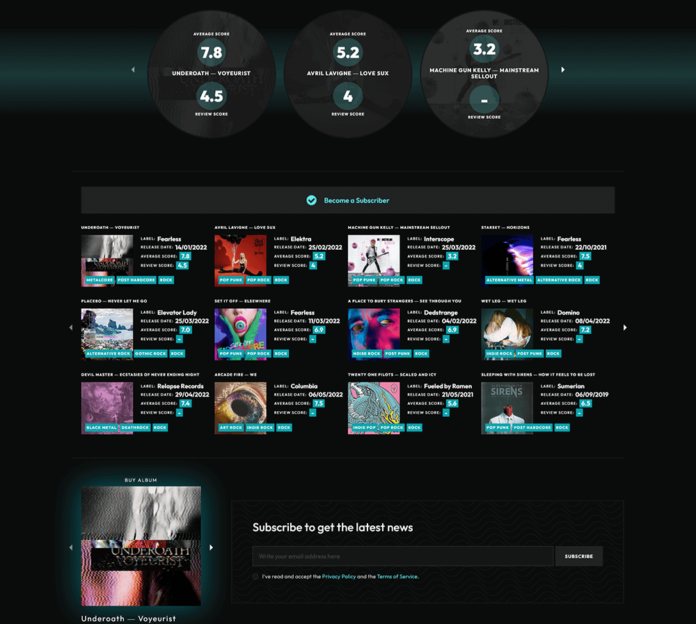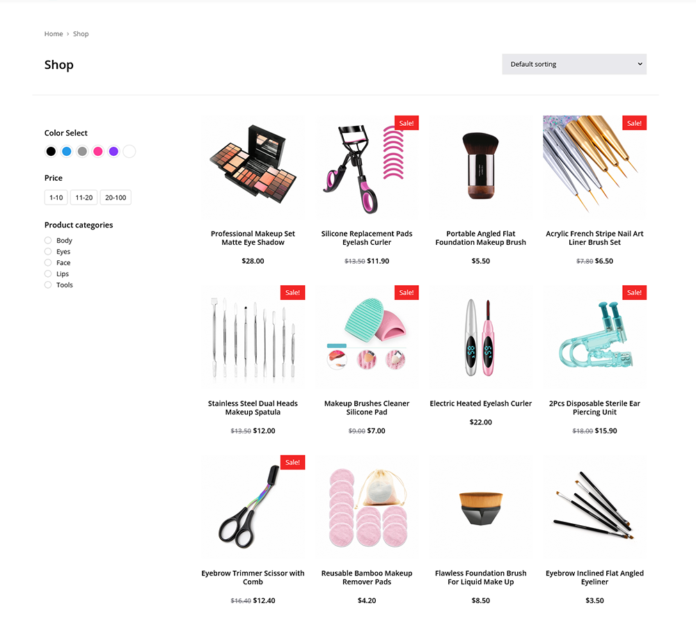Among the most important components of digital marketing is search engine optimization, or SEO. Knowing how to properly maximize your content is essential given millions of websites vying for attention on search engine results pages (SERRs). SEO tools can enable you to better modify your plans to improve your ranking and offer necessary insights on the state of your website. We will go over how to use SEO tools to improve your page ranks and increase natural traffic to your website in this all-encompassing manual.
Knowing Their Function in SEO
Software programs meant to assist content writers, marketers, and website owners in analyzing and improving their sites for search engines are SEO tools. These tools offer important information on several elements influencing the search engine ranking of your website. From keyword research to backlink monitoring, SEO tools help you to make data-driven decisions improving the performance of your site. Using the correct combination of tools can help you spot areas for development and carry out plans to increase search result exposure.
Research Keywords: The Basis of SEO
Good SEO begins with knowing which terms your target market searches for. High- volume, low-competition keywords pertinent to your content can be found using SEO tools as Google Keyword Planner, Ahrefs, SEMrush, and Moz. These tools offer information on search traffic, keyword difficulty, and trends that might direct your material approach.
Your website will be better able to draw more pertinent traffic by include the appropriate keywords into your titles, meta descriptions, and content. Targeting niche groups, SEO tools can enable you find long-tail keywords—less competitive but extremely specific—that would be perfect.
On-Page Search Engine Optimization
After you have the correct keywords, you must maximize your web pages to rank for those terms. SEO tools can help you examine your website’s content and offer ideas for on-page improvement. Tools like Yoast SEO and Screaming Frog, for instance, assess your page structure, headings, internal linking, and picture alt tags.
These instruments can look for your target keywords in key on-page components such the header tags, meta description, and title tag. They can also examine the general usability and readability of your website to guarantee it is search engine and visitor compatible. By optimizing these components, your chances of ranking higher in search engine results increase and the user experience is enhanced generally.
Technical SEO: Guaranturing Website Integrity
Technical SEO is very important for the ranking of your website in addition to keywords and content. This covers your site’s general performance, speed, and architectural integrity. These tools—Google Search Console, Ahrefs, and Screaming Frog—can crawl your website to find any technical problems compromising your SEO output.
Broken links, slow loading times, mobile usability concerns, and poor site architecture are among the problems SEO tools can help find. They can also verify whether your website is search engine accessible and whether it uses an SSL certificate (https://) for security. Correcting these technical issues guarantees search engines can efficiently crawl, index, and rank your website.
Building Backlink Analysis
Because they let search engines know other credible sites trust your material, backlinks are absolutely crucial for SEO. Your search results can be much improved by the quality and volume of backlinks you own. Ahrefs, Moz, and Majestic SEO tools let you check your backlink profile, spot broken links, and evaluate the quality of backlinks leading to your website.
SEO tools can also point out chances for acquiring fresh backlinks. Examining your rivals’ backlinks will help you find websites possibly ready to connect to your material. Improving your SEO rating mostly depends on creating excellent backlinks using guest blogging, cooperative projects, and content marketing techniques.
Competitive Edge Analysis: Examining Competitors
Competent analysis is among the most effective applications of SEO tools. Knowing the tactics your rivals are utilizing helps you to find weaknesses in your own SEO plan and point up fresh development prospects. Analyzing competitor websites, keywords, backlinks, and content is made possible by tools as SEMrush, Ahrefs, and SpyFU.
Competitor study provides information on the keywords and subjects your rivals are focusing on as well as helps you keep ahead of trends. This data will help you to improve your approach and guarantee that you are not passing over worthwhile SEO prospects.
Monitoring and Documenting SEO Development
Since SEO is a continuous process, you should routinely monitor your improvement. Search engine results over time demonstrate how your website is performing in comprehensive reports and statistics available via SEO tools. Data on natural traffic, bounce rates, click-through rates (CTR), and user interaction is available from Google Analytics, Google Search Console, and other SEO tools.
Constant monitoring your ranks will help you to find which pages want work and which are doing well. These realizations let you modify your plan, improve underperforming pages, and monitor the success of your SEO campaigns. Frequent reporting keeps your SEO game in top shape and enables necessary changes.
Local SEO: Serving Your Local Market
Local SEO is absolutely crucial for companies depending on local consumers. Google My Business, Moz Local, and BrightLocal among other SEO tools will assist you maximize your website for local search results. These solutions let you control local directory presence for your company, monitor local ranks, and guarantee that pertinent local searches find your website.
Optimizing your site for local SEO—that is, using location-specific keywords and guaranteeing consistency in your company data across online platforms—will help you draw more local clients and improve your profile in local search results.
In summary
Improving the position of your website and generating natural traffic depend on your using of SEO tools properly. From keyword research to backlink development, technical SEO to competitive analysis, the proper tools offer the knowledge you need to make wise decisions. Frequent SEO monitoring and optimization will help to guarantee that your website stays competitive in the always changing digital terrain. Using SEO tools will help you reach your target audience, improve your ranks, and finally experience more success online.









